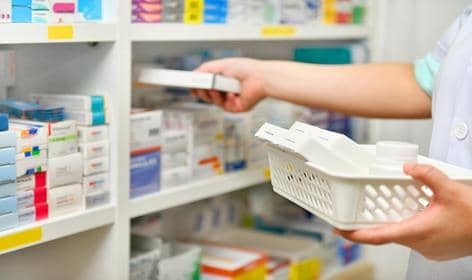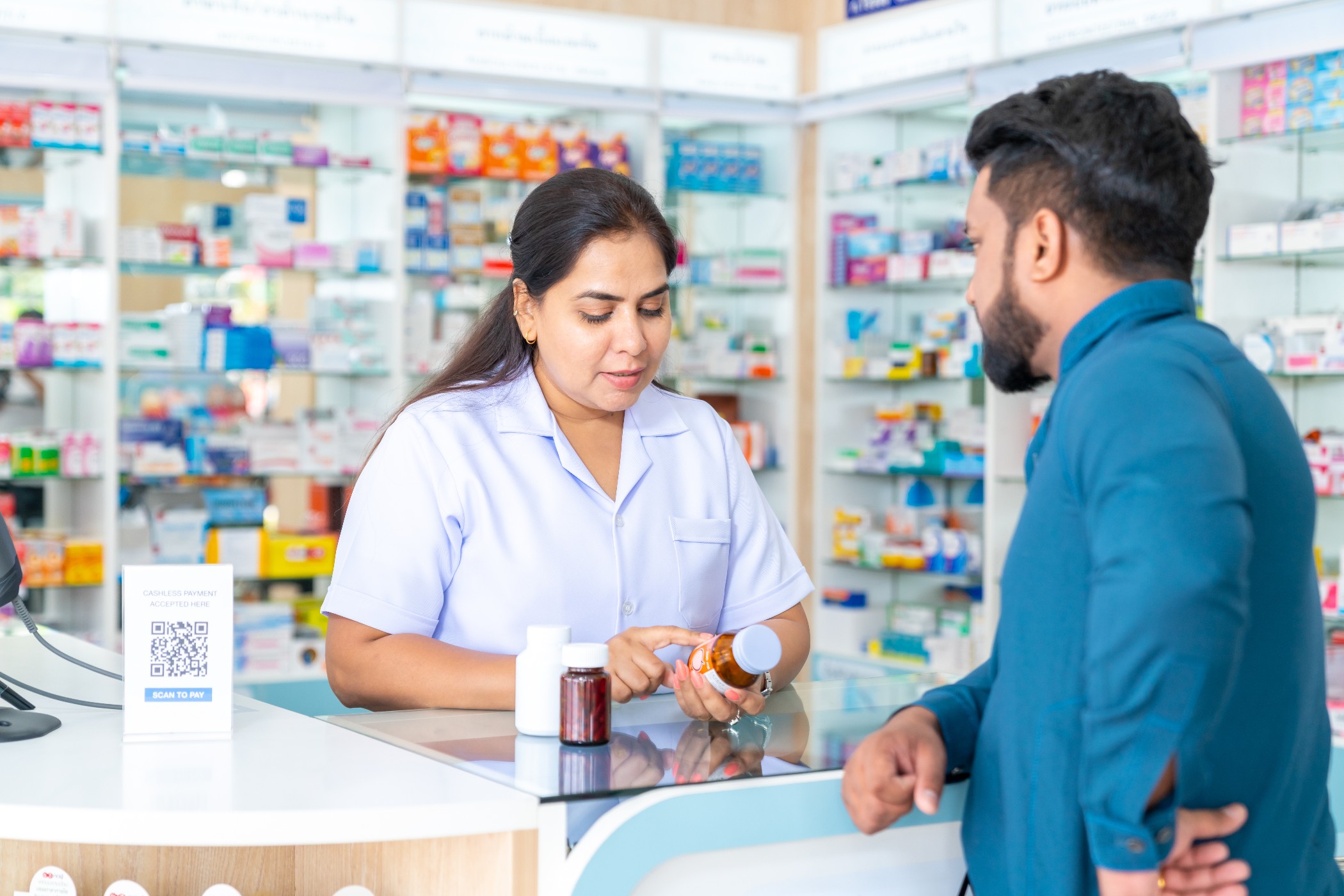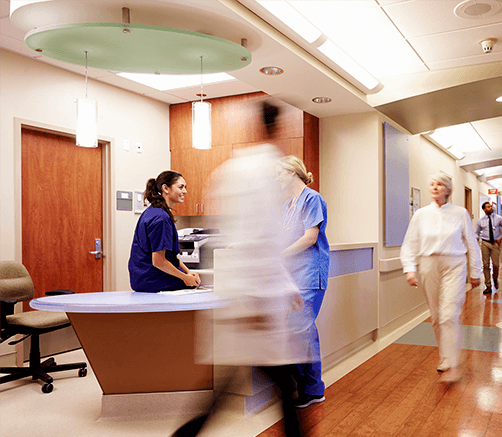Seeing a pharmacist is often the best first step for minor health concerns, and they can provide one-to-one, confidential consultations for you and your family.
Most pharmacies have a private consultation room where you can discuss issues with pharmacy staff without being overheard, you usually do not need to pre book an appointment for this service.
If symptoms suggest it's something more serious, pharmacists have the right training to make sure you get the help you need. For example, they may advise you to see a member of the GP practice team.
As qualified health professionals, pharmacists can offer clinical advice and over-the-counter medicines for an increasing number of illnesses. These include things like coughs, colds, earache, sore throats, tummy troubles, aches and pains, insect bites and urinary infections in females between 16-64 years old.
All pharmacists train for 5 years in the use of medicines. They are also trained in managing minor illnesses and providing health and wellbeing advice.
Many pharmacies have late night opening hours and some are open 7 day a week. You can check your local pharmacy opening times here.
All NHS community pharmacies will stock medicines commonly used in palliative care but this list may be referenced for those pharmacies which stock increased levels of palliative care medicines. Having good and convenient access to these medicines means that patients can have the medicines at home they may need.
All pharmacies stock a wide range of medicines to respond to prescriptions where prompt commencement of treatments is required. This list may be referenced for pharmacies who are asked to stock increased levels of medicines used specifically in the management of Clostridium Difficile.
Herefordshire and Worcestershire Councils both have support services which can arrange volunteers to help with collecting and delivering individual patient’s medicines. The opportunity to use Volunteer Services are outlined below and will depend upon the nature of the patient and the prescription. Council organised volunteers who are DBS checked will be specifically required for some deliveries which will be at the professional discretion of the pharmacist in the community pharmacy and the dispensary lead in a dispensing practice.
Volunteer responders should not visit the pharmacy or dispensing practice until the prescription is ready.
1. NHS Volunteer Responders
The national NHS Volunteer Responders scheme is now live. One of the four roles that the volunteers have been nationally recruited and vetted to perform is delivery of medication. Guidance on how to refer individuals is here: https://www.goodsamapp.org/assets/pdf/Guide_for_Referrers.pdf.To request a GoodSam volunteer click on the following link GoodSAM. This is not a registration process but a live request. Alternatively, you can telephone NHS Volunteer Responders on 0808 196 3646 (8am to 8pm). By submitting a first request you will automatically be registered as such to receive such services or make further requests for services.a) If requesting as an individual patient you will receive an approval link, once you have confirmed this, you will receive your login details and it may take up to 72 hoursb) If you are requesting as a health professional or Council Personnel requests from NHS/Gov email addresses go live automatically
2. Worcestershire County Council “Here2Help” service for patients
a) Patients can make a request for help via the Here2Help Website www.
3. Herefordshire County Council “Talk Community” service for patients
a) Patients can make a request for help via the Talk Community form through the link: Talk Community Coronavirus Supportb) Patients, pharmacists and GP practices can contact the Customer Services team which is open Monday – Friday 8am to 6pm and Saturday 9am to 1pm, on Tel Number: 01432 260027 or email talkcommunityhelpline
Many people do not regard themselves as carers since the term “carer” is often associated with a health professional or a paid carer but if you are supporting a family member or friend who couldn’t manage without your support then you might find the following information helpful.
Managing medicines for someone else can be a challenge, particularly if they're taking several different types.
Click on the link here to see Medicines: Tips for carers which will provide you with lots of information to support you. It will also tell you how your NHS community pharmacist can help you to support the safe management and administration of medicines on a day to day basis for the person you are caring for.
Please note, from 1 July 2023 the way members of the public make a complaint about primary care services to the commissioner has changed. Rather than contacting NHS England, complaints will be made to directly to the local integrated care board (ICB).
Contact details for the complaints team at Herefordshire and Worcestershire ICB are as follows:
- Write to: Patient and Stakeholder Liaison Team, NHS Herefordshire and Worcestershire, Kirkham House, John Comyn Drive, Perdiswell, Worcester, WR3 7NS
- Email: hwicb.
complaints-pharmacy @nhs.net - Telephone: 0330 053 4356 (ask to speak to the Complaints Team)





